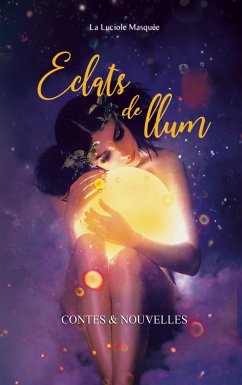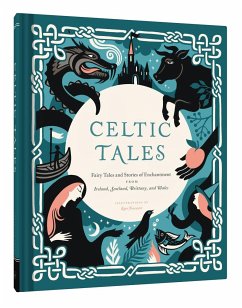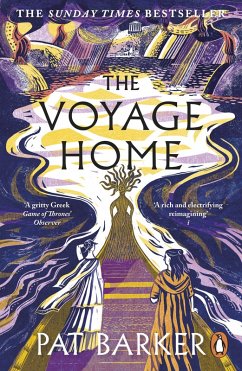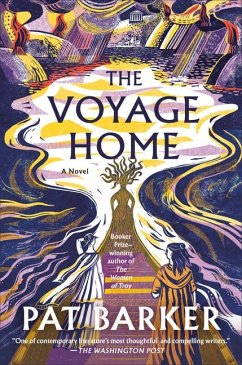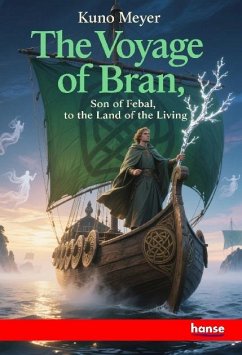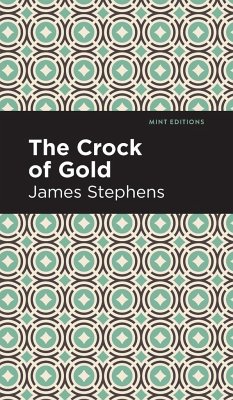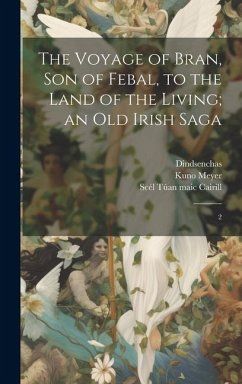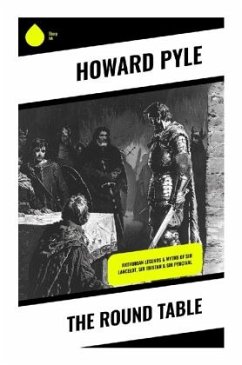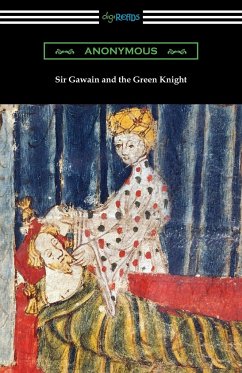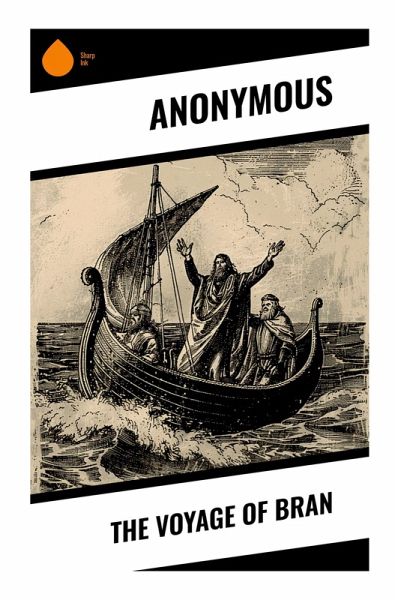
The Voyage of Bran
Versandkostenfrei!
Versandfertig in 6-10 Tagen
8,10 €
inkl. MwSt.
Weitere Ausgaben:

PAYBACK Punkte
0 °P sammeln!
The "Voyage of Bran" is an evocative piece of early Irish literature that masterfully intertwines myth and adventure in a tale that both captivates and instructs. Written in a narrative style that reflects the oral traditions of the time, this prose work follows the hero Bran on an otherworldly journey across the seas, where he encounters mystical realms and divine beings. Its vivid descriptions and imaginative storytelling immerse readers in the rich tapestry of Celtic mythology, bringing to light themes of identity, mortality, and the allure of the unknown, while also serving as a fascinatin...
The "Voyage of Bran" is an evocative piece of early Irish literature that masterfully intertwines myth and adventure in a tale that both captivates and instructs. Written in a narrative style that reflects the oral traditions of the time, this prose work follows the hero Bran on an otherworldly journey across the seas, where he encounters mystical realms and divine beings. Its vivid descriptions and imaginative storytelling immerse readers in the rich tapestry of Celtic mythology, bringing to light themes of identity, mortality, and the allure of the unknown, while also serving as a fascinating lens into early medieval Irish society and its values. The anonymity of the author adds an intriguing layer to the work, possibly indicating its roots in communal storytelling rather than a single author's vision. The text reflects a transitional period in Irish literature, echoing older epic traditions while also making strides toward a distinct narrative form that paves the way for laterepic tales. The author's choices may have been shaped by the vibrant cultural dialogues of their time and the shared heritage of the Irish people, who valued connection to their history and mythology. For scholars and enthusiasts of mythology, the "Voyage of Bran" stands as a compelling exploration of human experience through the lens of myth. Its universal themes of adventure and self-discovery resonate through the ages, making it an essential read for anyone interested in the intersection of literature, culture, and mythology. This timeless narrative not only enriches the canon of Irish literature but also invites readers to contemplate the deeper meanings of existence and the journeys we undertake in life.




